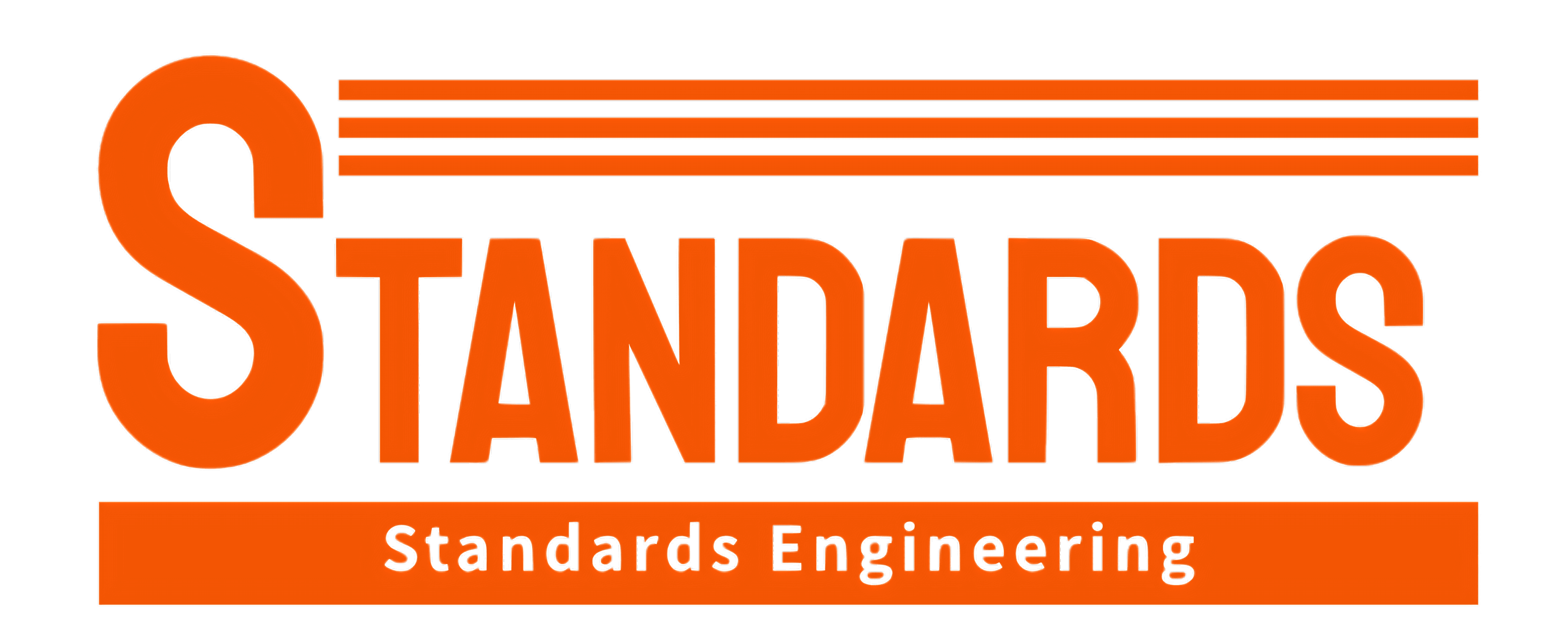IEC 61097-3 Ed. 2.0 en PDF
Availability:
In Stock
IN TAX $243.65
Global maritime distress and safety system (GMDSS) – Part 3: Digital selective calling (DSC) equipment – Operational and performance requirements, methods of testing and required test results<br />
| Published by | Publication Date | Number of Pages |
| IEC | 10/19/2017 | 261 |
IEC 61097-3 Ed. 2.0 en – Global maritime distress and safety system (GMDSS) – Part 3: Digital selective calling (DSC) equipment – Operational and performance requirements, methods of testing and required test results<br />
IEC 61097-3:2017 specifies the performance requirements, technical characteristics, operational requirements and methods of testing of shipborne DSC equipment for use with MF, MF/HF and VHF installations in the GMDSS, including those required by Chapter IV of the 1974 International Convention for Safety of Life at Sea (SOLAS) as amended, and is associated with IEC 60945 (Shipborne radio equipment forming part of the global maritime distress and safety system and marine navigational equipment).
This document incorporates applicable parts of the performance standards of IMO Resolutions A.803(19), A.804(19) and A.806(19) (DSC facilities for VHF, MF and MF/HF radio installations), IMO MSC/Circ.862 (describing the operation of the distress button), the provisions of the ITU Radio Regulations, the technical characteristics of DSC equipment and the operational procedures for its use contained in Recommendations ITU-R M.493, M.541, M.689, M.821 and M.1082, and takes into account the general requirements contained in IMO Resolution A.694(17).
This edition includes the following significant technical changes with respect to the previous edition:
a) changes in the operation of DSC which have been developed by IMO and ITU since the first edition was published;
b) compliance with bridge alert management (BAM);
c) optional addition of remote operation of the DSC functionality. This facility can also used for type approval testing of the performance of the DSC equipment;
d) incorporation of the radio frequency test methods for MF, MF/HF and VHF transceivers and watch receivers for convenience of testing.
Worldwide Standards PDF © 2024








Reviews (0)